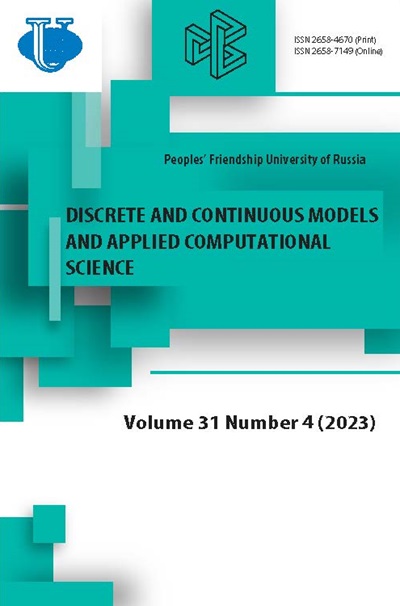Volatility in Classification
- Authors: Rubchinsky AA1
-
Affiliations:
- National Research University “Higher School of Economics”
- Issue: No 2 (2014)
- Pages: 272-280
- Section: Articles
- URL: https://journals.rudn.ru/miph/article/view/8376
Cite item
Full Text
Abstract
The goal of the presented work consists in the construction of the new three-levels scheme of authomatical classification. This scheme is based on the newly introduced notion of volatility of separate clusters as well as of whole classification. The property is exactly defined and efficiently calculated. It describes the stability, exactness, validity of subsets of the given initial set - in essence, their possibility (or impossibility) to be selected as clusters. The suggested algorithm finds the clusters with arbitrary levels of volatility, including the conventional case of zero volatility. The clusters in USA, Russia and Sweden stock market (for crisis period of 2008-2010) and deputies clusters based on voting results in the 3rd State Duma between September 2001 and January 2002 (the period including the creation of the party ”United Russia” 01.12.2001) were constructed by the suggested algorithm. Analyzing clusters constructed basing on the voting results for every of the considered months, it has turned out that the clustering volatility was equal to zero in September and October, drastically increased in November and slightly decreased in December and January. But several indices (i.e. concordance of parties’ positions) did not show sensible jumps near this political ”bifurcation point”. The other considered various model examples demonstrated the results well-coordinated with geometrical intuition.
About the authors
A A Rubchinsky
National Research University “Higher School of Economics”
Email: arubchinsky@yahoo.com
International Laboratory of Decision Choice and Analysis; Department of Applied Mathematics and Informatics Dubna International University for Nature, Society and Man 19, Universitetskaya str., Dubna, Moscow region, Russia, 141980
References
















